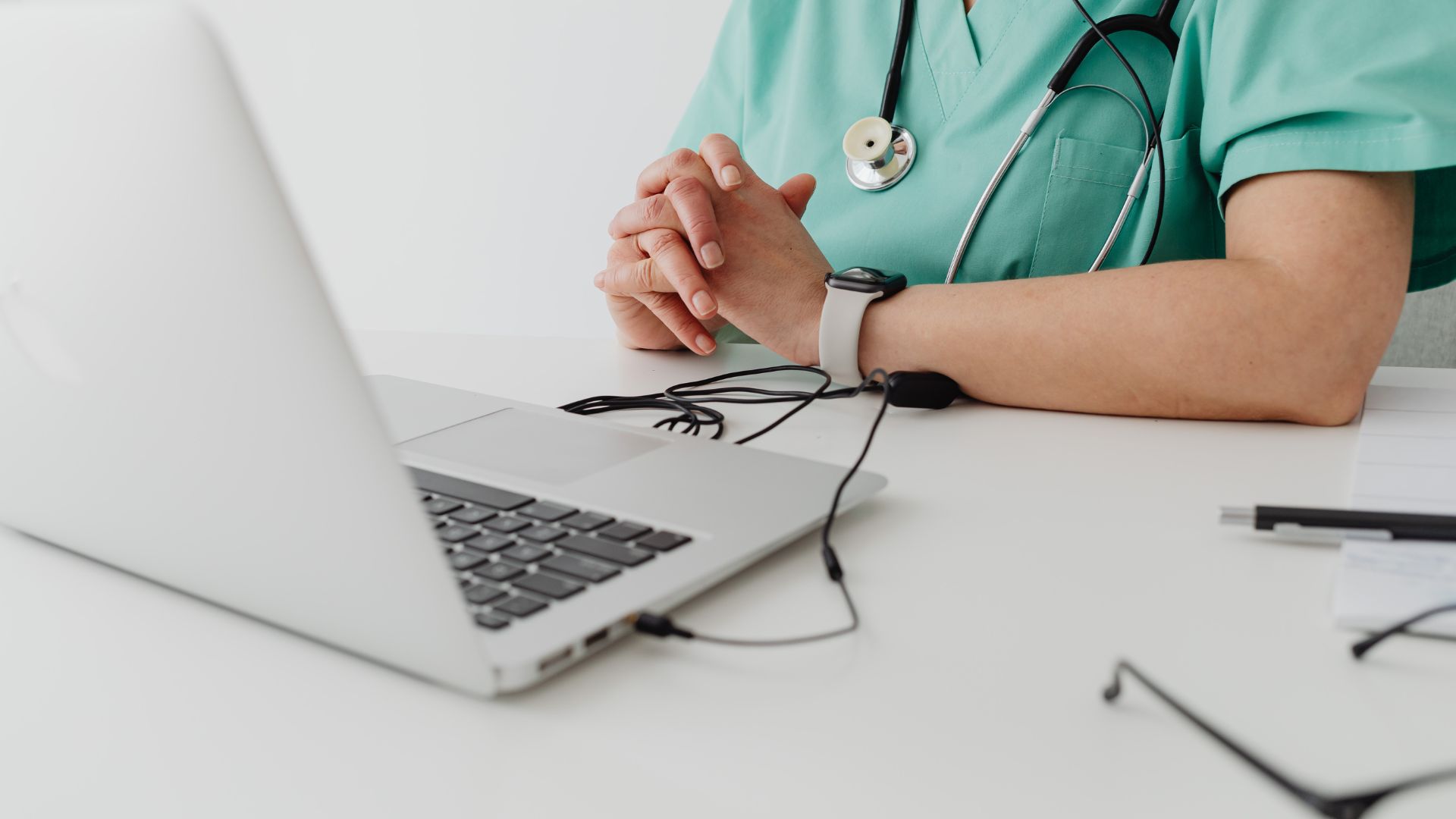Mental telehealth aids law enforcement

CODY — Gov. Mark Gordon and the Wyoming Association of Sheriffs and Chiefs of Police have announced an innovative new pilot program to assist officers throughout the state in providing state residents in mental health crises with 24/7 access to behavioral health professionals via telehealth.
On Tuesday, the governor and WASCOP said the new Virtual Crisis Care program was made possible by the Leona M. and Harry B. Helmsley Charitable Trust, which granted nearly $2.4 million to the initiative. It will provide tablets with telehealth connections in officers’ vehicles
Allan Thompson, executive director of WASCOP, said every department in the state would have the opportunity to opt into the program and added that the Park County Sheriff’s office is interested in implementing the program locally.
“This program is similar to what we already do,” said Darrell Steward, Park County sheriff. “When we take someone in for an evaluation, Oxbow does it at the detention center, but I’d just as soon not bring someone to jail and get them the help they need before that.”
Steward added that, within the county detention facility, Well Path provides medical services, including telehealth care.
“I think we can implement this program pretty easily within our department,” he said. “Once we find out how many tablets could be put into our patrol trucks, we could make this change. Any services we can provide to the general public, to meet them where they are, are worth it.”
“In Wyoming, we’re about solving challenges,” said Gordon. “We come together and work miracles because we are so dedicated to finding solutions to our most challenging problems. And here in Wyoming, there are far too many people we’ve lost to suicide (…) over the last couple years, we’ve tried to put a focus on mental health.”
Real need for mental health care
“Mental health is often underfunded and under-spoken,” said Walter Panzirer, a Helmsley trustee who spoke at Tuesday’s announcement in Cheyenne.
Panzirer said the program had already been implemented in both South Dakota and Nevada and seen tangible results.
“Over 80% of the people treated have stayed home and in their own communities,” said Panzirer, adding that the program has so far proven to be budget neutral in those two states as well.
“Knowing when a person is in crisis,” said Gordon, “it’s hard to know what to do and how to do it. You want a resource to reach for to help you know how to help that person through crisis.”
The new program will equip law enforcement officers with tablets, allowing them to call on trained experts to de-escalate, assess and stabilize individuals in mental health crisis including suicidal plans, self-harm or depression.
“Town halls across the state have indicated we can do so much more, but the tools are not always there,” Gordon said. “We have unique challenges being far from home.
“This pilot project will give Wyoming tools to help people in the field connect with mental health professionals when needed.”
Panzirer said the benefits extend to local governments as well.
“For the law enforcement officer, it means less time – sometimes as much as eight or nine hours less – on-site and for the individual, it’s care time at home. That’s huge,” he said. “It cuts down on cost for the government, benefits the individual in crisis and reserves beds for those who need it most.”
“It makes a difference,” he added. “It provides hope to the most vulnerable individuals.”
‘A lifesaving tool unlike any other’
“In our profession, we often meet people on the worst day of their life,” said John Grossnickel, Sweetwater County sheriff, whose office is already using the program. “We don’t get do-overs, we have to get it right, and these calls are not rare anymore – they’re daily. This is a lifesaving tool unlike any other we’ve had in our toolkit before today.”
Green River Police Chief Shaun Sturlaggsson said his department has used the program with success three times since June.
“We were able to work an individual through their problem and resolve a conflict peaceably,” he said. “And (that) left everyone feeling good and like they had actually solved the problem, which is not the norm.
“While we are trained to deal with mental health crises,” said Sturlaggsson, “we are not trained to handle them at full capacity and are often left feeling we have not done as well as we could.”
Grossnickel echoed Sturlaggsson’s sentiments and said, “Even the best deputy cannot replace a mental health-care professional. This is about restoring dignity and meeting people where they are.”
This story was published on August 6, 2025.








